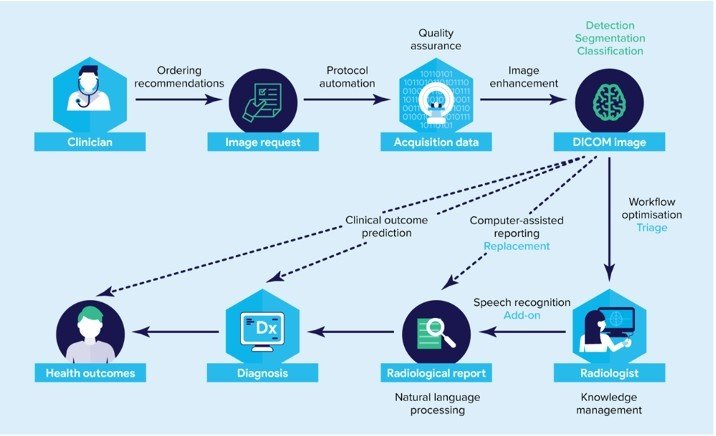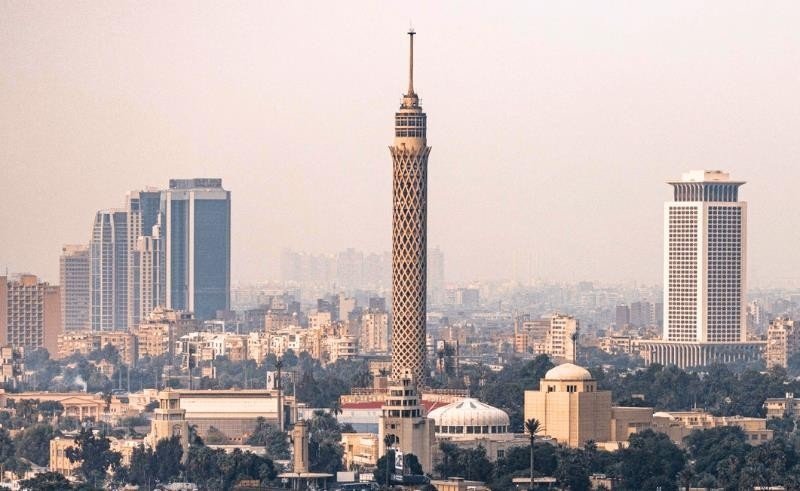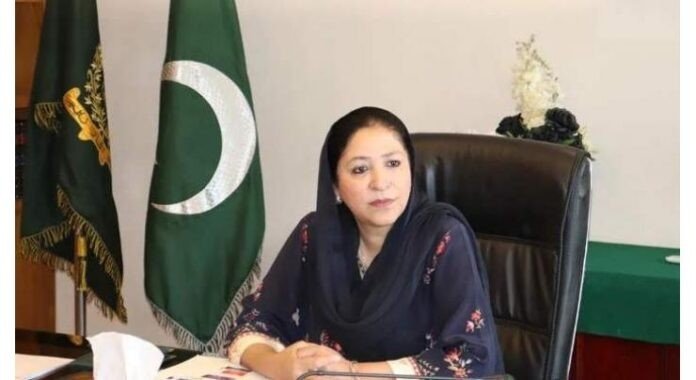Qatar’s esports industry is on a remarkable growth trajectory, with projected revenue expected to reach $125.70 million in 2024, according to a report by The Peninsula on 8 August 2024. The market is anticipated to expand further, with a compound annual growth rate (CAGR) of 6.75% from 2024 to 2027, resulting in a market volume of approximately $152.90 million by 2027.
User engagement is also expected to rise significantly, with the number of gamers in Qatar projected to increase to 436,400 by 2027. The user penetration rate is set to grow from 12.7% in 2024 to 13.6% by 2027. Mobile gaming is predicted to dominate the sector, accounting for a significant market share with an estimated volume of $47.24 million in 2024. Additionally, the average revenue per user (ARPU) in Qatar’s video game market is projected to reach $323.20 in 2024.
The Qatar Esports Federation (QESF) has played a pivotal role in fostering the growth of the esports ecosystem. Supported by the government, QESF has been actively organizing tournaments, nurturing local talent, and collaborating with international esports organizations. Qatar’s robust infrastructure, including high-speed internet and world-class facilities, provides a conducive environment for esports to thrive. Investment in state-of-the-art esports arenas and training centers further cements Qatar’s position as a regional hub for esports.
Qatar’s strategic focus on economic diversification has identified esports as a promising avenue for growth. Globally, China is expected to generate the majority of revenue in the esports market, with an estimated $94,490 million in 2024. However, Qatar’s rapidly expanding market, driven by the popularity of mobile gaming among its tech-savvy youth, positions it as a key player in the industry.
In 2022, the global esports industry was valued at $1.39 billion and is projected to grow by 16.7% annually from 2022 to 2030, offering a glimpse into the future of esports in Qatar. Khalifa Al Haroon, Executive Director of QESF, highlighted Qatar’s commitment to the esports industry through infrastructure and talent development, emphasizing the nation’s vision of becoming a global hub for competitive gaming and digital innovation.
Recently, QESF signed a memorandum of understanding (MOU) with esports production company ESB to launch a $2.6 million combined prize pool Dota 2 league, with the first event held in April in Doha. Steve Mackie, host and producer of the “In The Game” podcast, noted that Qatar’s esports industry is on an upward trajectory, driven by strategic investments, strong institutional support, and a passionate gaming community.
As Qatar continues to embrace and develop this burgeoning industry, it stands to become a significant player on the global esports stage, solidifying its role as a major force in global sports.















